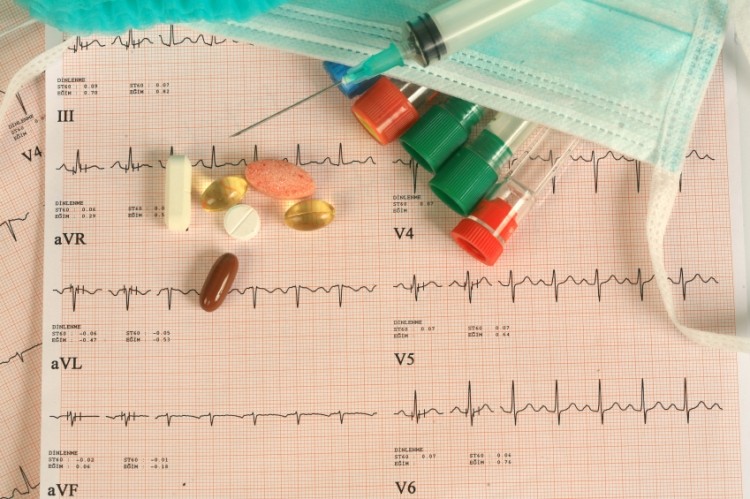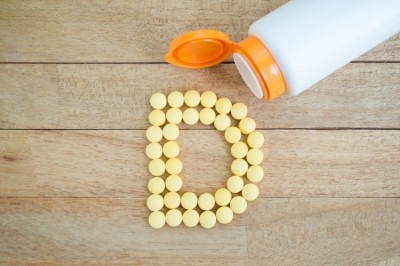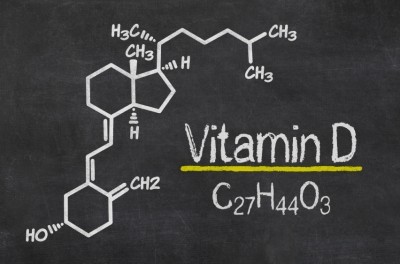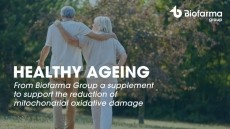‘Little evidence’ of vitamin D helping inflammatory biomarkers in elderly

The research, published in the British Journal of Nutrition, used 644 60- to 84-year-old volunteers. They were assigned to a placebo group or received 750 micrograms (μg) or 1500 μg of vitamin D3 per month for 12 months.
The researchers wrote: “With the possible exception of IL-6, we found little evidence of an effect of vitamin D supplementation on cytokine or adipokine levels.
“These results highlight the uncertainty surrounding the effectiveness of vitamin D supplementation in improving inflammatory biomarker profiles and the need to better understand the effects of vitamin D supplementation before recommending that it is routinely used in the general population.”
The Australian researchers said their study was one of the largest and, therefore “most highly powered” studies on vitamin D and inflammation, with relevance that went beyond the highly specific patient groups used in earlier research.
The results questioned observational studies in the past which had suggested vitamin D serum levels were associated with inflammatory markers through various mechanisms.
Chronic inflammation underlies many pathological processes including several types of cancer, cardiovascular disease and autoimmune disease. Interleukin 6 (IL-6) has both pro-inflammatory and anti-inflammatory functions in its cytokine andmyokine role.
The study was conducted by researchers from the QIMR Berghofer Medical Research Institute, Centre for Research Excellence in Sun and Health, Centre for Big Data Research in Health at the University of New South Wales, University of Melbourne, Cancer Council Victoria, Australian National University, University of Western Australia and the University of Tasmania in Australia.
Source: British Journal of Nutrition
Published online ahead of print, doi:10.1017/S0007114515002366
“Effect of vitamin D supplementation on selected inflammatory biomarkers in older adults: a secondary analysis of data from a randomised, placebo-controlled trial”
Author: M. Waterhouse, B. Tran, P. R. Ebeling, D. R. English, R. M. Lucas, A. J. Venn, P. M. Webb, D. C. Whiteman and R. E. Neale















